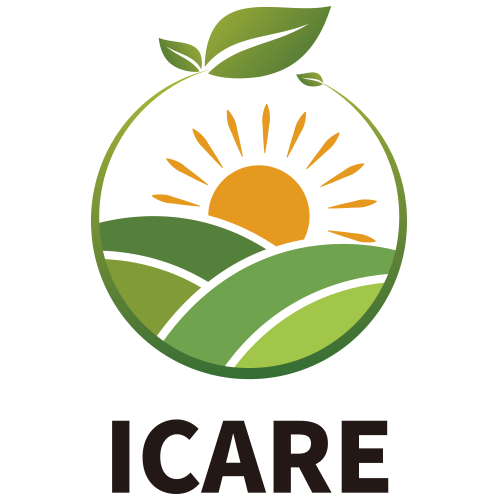
2026 2nd International Conference on Agriculture and Resource Economy (ICARE 2026)
Committee

Committee
Copyright© ICARE 2026
2026 2nd International Conference on Agriculture and Resource Economy (ICARE 2026) http://www.ic-are.com/